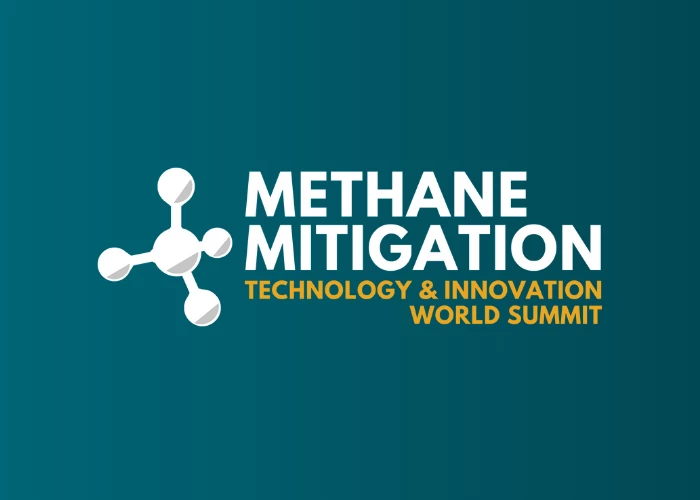Digital supply chains: end to end security
Fuel integrity in the wake of the digital transformation
Add bookmarkFuel integrity and lost revenue
In nearly every country on the planet, oil and gas is a major economic driver – and the losses incurred due to interference with the supply chain can be catastrophic for individual companies or entire governments. With criminal elements diverting, diluting, adulterating, and stealing fuel across the globe, government revenue is disrupted through a loss of tax revenue, and the proceeds of subsidies end up the pockets of criminals, rather than assisting companies and consumers.
Don’t forget to read our exclusive report on this topic.
Successful fuel marking and digital solutions can identify the manipulation of fuel, and pinpoint taxed and subsidised fuel throughout the downstream supply chain – from refinery to border petrol station. However, uptake of these technologies is not universal, and much work has yet to be done.
Digital transformation and the electronic supply chain
If there’s one area of development that everybody in the industry is concerned with or focussed on, it is digital transformation.
Encompassing everything from the disruption of regular operations, to large-scale digital strategies, IR 4.0 is pressurising businesses to change – and change they must.
For companies operating in the downstream in particular, to fully undergo a digital transformation is to achieve an electronic end-to-end supply chain, to become more efficient, and to unearth opportunities to access more useful and comprehensive information.
It should be the goal of every oil and gas company to have a functioning Supply Chain 4.0, in line with the IR 4.0, and to reduce areas of unaccountability. By properly managing their data, and having as much visibility throughout their supply chain as possible, oil and gas companies will be far better position to combat threats to their fuel’s integrity. Let’s look at a few ways in which companies can protect their brand’s promise to deliver high-quality fuel.
Fuel marking programmes
Fuel adulteration, smuggling, and the dilution of premium fuels are amongst the most damaging practices in the oil and gas industry. Without proprietary fuel markers, or unique analysers, neither large oil companies nor governments are able to account for their fuel whilst in transit.
Fuel marking programmes begin with the addition of bespoke additive packages which are then measured at various points along the supply chain – be that at the terminal, retail site, or at the point at which third-party transportation companies take over the handling of fuel.
Proper implementation of such as package, as detailed in our recent infographic, can enable companies to fully manage their own authentication process – assuaging the industry-wide concerns on fuel integrity in transport.
See also: Blockchain in the oil and gas industry.
By taking ownership of the marking of fuel, the taking of samples, and performing both instant field and in-depth lab testing, any oil and gas company can assure the downstream end of their supply chain.
Digital suites and data analytics
By using digital solutions and analytic packages that enable proper processing of samples, it becomes possible for governments to recover lost excises and prevent the abuse of subsidies. This, in turn, serves the public by freeing up the funding available for benefits to fuel taxing and prices. Customer satisfaction is also likely to increase, as the quality of fuels received remains high and the damage to their business relationships and vehicles is minimised – all this as a result of strong data.
As part of a recent survey, Oil & Gas IQ uncovered the worrying trend that only one in two oil and gas professionals had access to the data required to assure the integrity of their supply chain, and that many simply do not see fuel adulteration as their issue. Unable to verify complaints, failure to identify issues with fuel through internal processes, and a lack of willingness to acknowledge that the issue is as widespread as the evidence suggests are all exacerbating the impact of fuel manipulation in the downstream.
You might be interested in our recent fuel manipulation report.
Work conducted by companies such as Authentix, and thought leadership in the space such as Oil & Gas IQ’s recent infographic, are attempting to reverse this trend. Don’t be caught out – don’t assume it’s someone else’s problem. There is no time like the present to assure quality, and futureproof your fuel integrity, your brand, and your company.
Are you an oil and gas professional with experience in this space? We would love to hear your thoughts! Email the editor at tom.stuchfield@iqpc.com.













